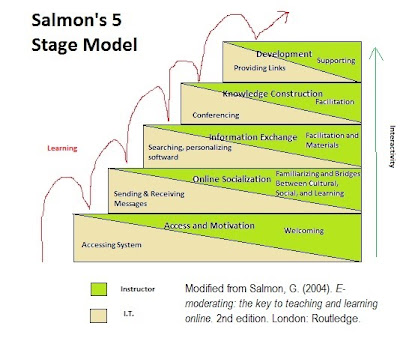Group attachment is an important aspect of retaining and
maintaining customers. As groups begin to identify and interact with new members,
they build additional identities with the service or product. Research by Yuquing
Ren, et. al (2012), focuses on communication and the understanding of identity,
bond, and community identity in online forums. Their study helps highlight how
different types of attachment strengthen online interaction and customer
retention.
The far majority of business that seeks to build online
communities fail to attract a critical mass of customers even when over a
million dollars have been spent (Worthen, 2008). The primary problem is that they have not been
able to create and develop a level of attachment among members. Customers
simply come and disappear after a few posts.
Understanding that there is identity attachment, bond
attachment and community attachment can help in fostering the right type of
activities that create positive identity with the service. People must feel
connected to other members of the group if they are to return to the site on a
regular basis.
Identity attachment can be seen as attachment to members who
are similar in appearance or other difference that separates them. It is a
primarily visual and surface type identity. Bond based attachments are focused
more on connection to group members and seeing similarity in belief, interests
or values. Group based attachment is focused on connecting to an entire
community of online users.
The researchers found that identity based attachment is much
easier to foster in online communities. One generally must provide an identity,
familiarity around products, and in and out-group type dynamics to encourage
retention (i.e. you’re different because you use our service). Bond based and
community based attachment requires the ability to have personal
communications. This is much more akin to social networking than it is other
types of online communities.
Online communities act in the same manner as real life
communities. Communication is the key component that allows people to feel
connected to others and form an identify around particular aspects of interest.
In the online world identity groups and community groups are easier to
establish based upon the specific and genera interest in products or identity.
Social bonding is more difficult and takes considerable amount of time and
energy. It is difficult to determine precisely when and how long bond identity
can be formed. However, the use of profiles and communication around topics can
encourage this knowledge of other members.
Worthen, B. (July 16,2008). Why most online communities fail. Wall Street Journal.
Yuqing Ren, et. al. (2012). Building member attachment in
online communities: applying theories of group identity and interpersonal
bonds. MIS Quarterly, 36 (3).

